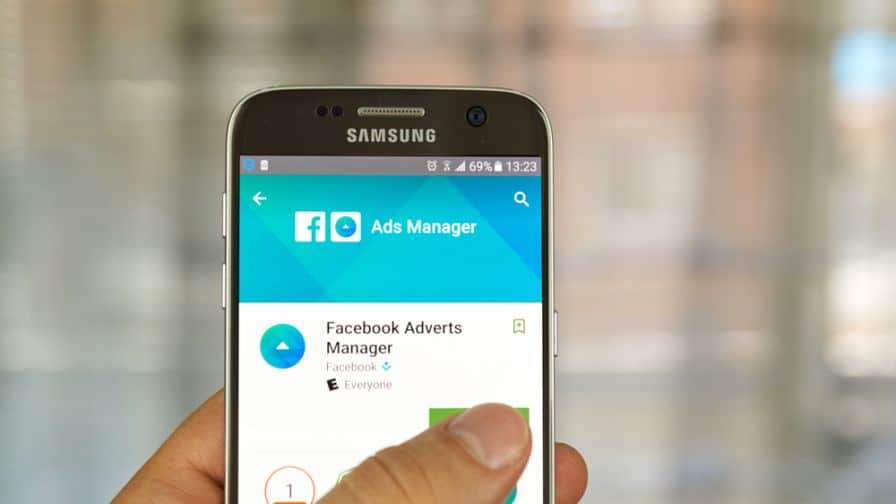Rakuten Marketing has found attributable revenue from Facebook ad campaigns could be much higher than web analytics suggest, causing some companies to misvalue conversion influence to the tune of millions.
Global client performance data from Rakuten’s affiliate network revealed “discrepancies” between Facebook conversion tracking and web analytics, which are obscuring 192% more attributable value and higher return on ad spend for mobile campaigns.
For one of its clients, Rakuten Marketing said attributable revenue from Facebook conversion tracking and could be as high as £3.8 million annually, while web analytics places the figure at just £1.6 million.
Identification issue
Although Rakuten summarised that conversion tracking was “largely underreported” across the network, it’s the 192% difference in mobile performance that will surely be viewed as the most shocking takeaway from the new report – ‘The Facebook Measurement Divide’.
While a discrepancy between Facebook conversion tracking and third-party web analytics also exists for desktop campaigns, it is significantly lower, averaging 3%, which indicates cross-device identification as a primary cause.
However, the report also suggests that Facebook’s model of attribution, which captures post-click conversions, could be playing a part in discrepancies with third-party web analytics typically capturing last-click conversions.
“The findings of this report highlight that marketers need to be diligent about gaining transparency into their performance measurement,” said Tony Zito, CEO of Rakuten Marketing.
“Innovation is affecting consumer behaviour at a pace that does not allow for one-time attribution models that will accurately measure current and future marketing strategies. Our focus is to arm marketers with actionable insights that empower them to capitalise in the rapidly evolving landscape in which they compete.”
The report comes amid scepticism around Facebook’s own advertiser analytics, following admittance that its video ad viewability figures had been “miscalculated” for two years.
This led some in the industry to ask whether the social network itself should be subject to third-party verification.

